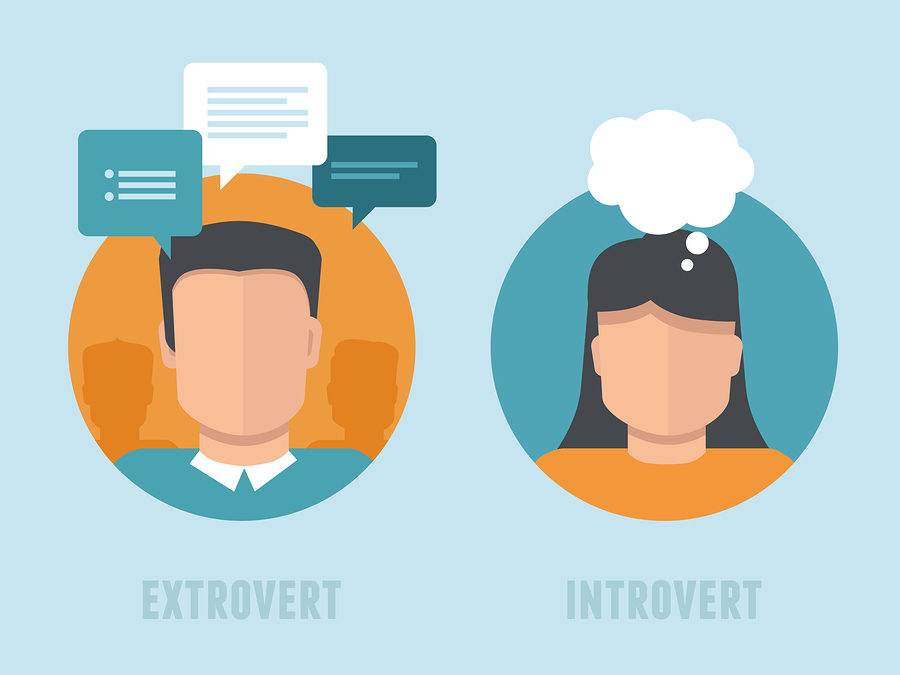Journey to the Middle
If you met me when I was in my 20’s, I have no doubt you would label me an extreme extrovert. If I spent time with people, my energy level soared. If I walked into a restaurant, I would meet the people all around me. Now married to an introvert for over twenty years, I think I am still extroverted, but much less so. My wife is also less of an introvert than she once was. We become like the people we are most often around.
I’m often asked about the qualities of a leader and where extroversion and introversion fit in.
Extroversion and Leadership
The perception is that extroversion is a requirement for the corner office.
A USA Today poll indicated that 65% of executives indicated introversion was a barrier to rising through the corporate ranks. This is often because introverts are perceived as shy, unable to articulate issues quickly, or unable to make quick decisions.
Half of the population is introverted. But 60% of top executives are extroverted.
Extroverts are known for their public speaking and networking skills. They are often able to communicate under pressure and are known as natural sales leaders. They are often more forceful with ideas, able to motivate a team to action.
The Return of the Introvert
Susan Cain became the introvert’s best friend and champion when she published Quiet: The Power of Introverts in a World That Can’t Stop Talking. Immediately, introverts everywhere had research to indicate that they could also make great leaders.
I wasn’t surprised by her research because, as I said, I am married to an introvert. She is a deep thinker, the world’s best listener, and extraordinarily creative. Add my introverted daughter into the mix and it doubles down on the argument. Both of them have the ability to lead regardless of how much they shun a neighborhood party. The introvert often can take action, even unpopular, because she has less concern for what people think. That can be a significant advantage and one I learned from my wife, enabling me to make unpopular-but-necessary decisions.
Unfair Stereotypes
Unless you have taken a vow of solitude and have absolutely no interaction with the outside world, you need to learn to work with both extroverts and introverts. Unfairly ascribing attributes to someone creates an unnecessary gulf.
Extroverts are stereotyped unfairly as “arrogant windbags who are all talk and no action.” Other unfair negative descriptions include egotistical, narcissistic, bombastic, uncaring, and self-centered. The reality is that extroverts are energized by social interaction. You can be an arrogant introvert just as much as an arrogant extrovert.
Introverts are also unfairly classified. I have heard them described as shy, afraid, timid, reserved and quiet. Worse, I have heard and read that introverts are uninspiring. The reality here is that shyness does not equal introversion. Whether others drain you of energy or not does not make you afraid to lead. Introverts ability to reflect and consider often creates a significant advantage.
What do you think?
TAKE THE QUIZ
If you don’t know whether you are an introvert or extrovert, take our quiz.
Are you an introvert or extrovert?
Disclaimer: This is a non-scientific test designed by extroverts, coded by introverts—please share with your friends.


